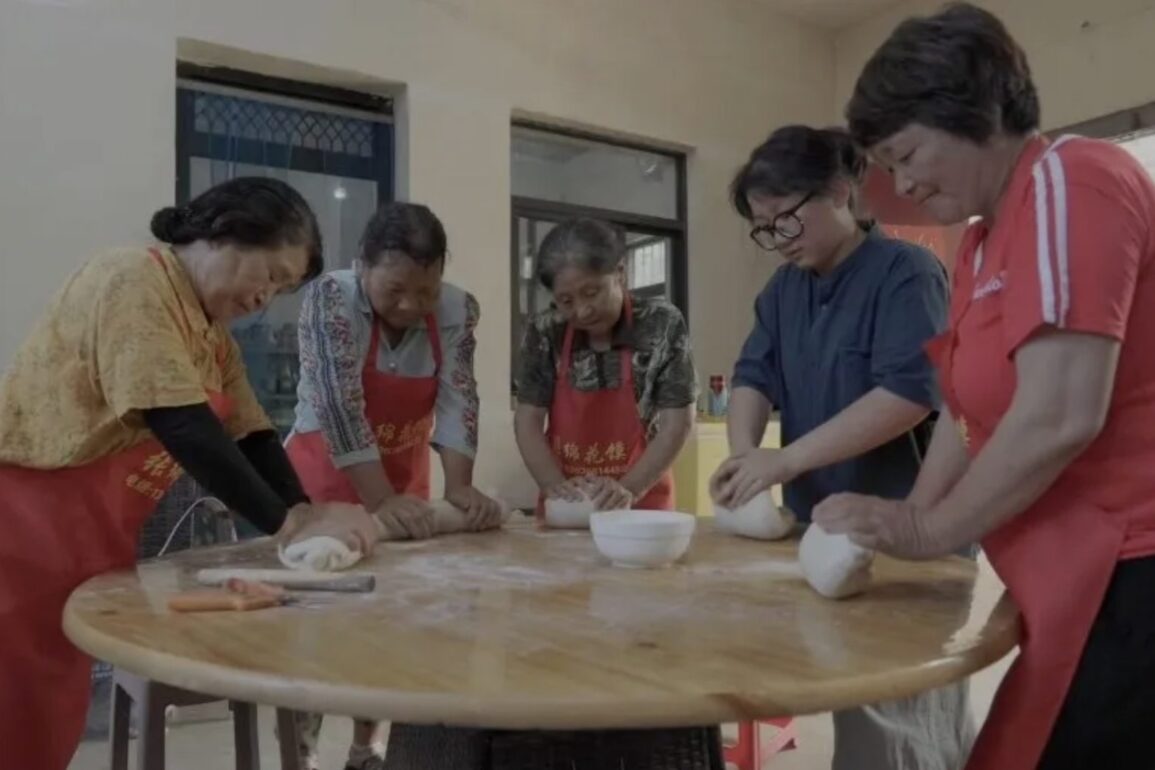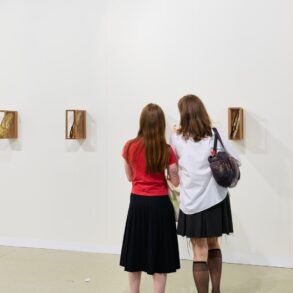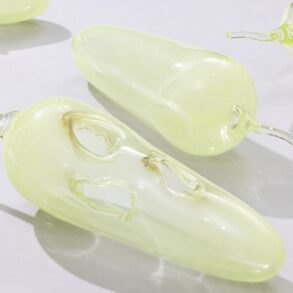It reflects an entrenched attitude towards domestic violence in some rural mainland areas.
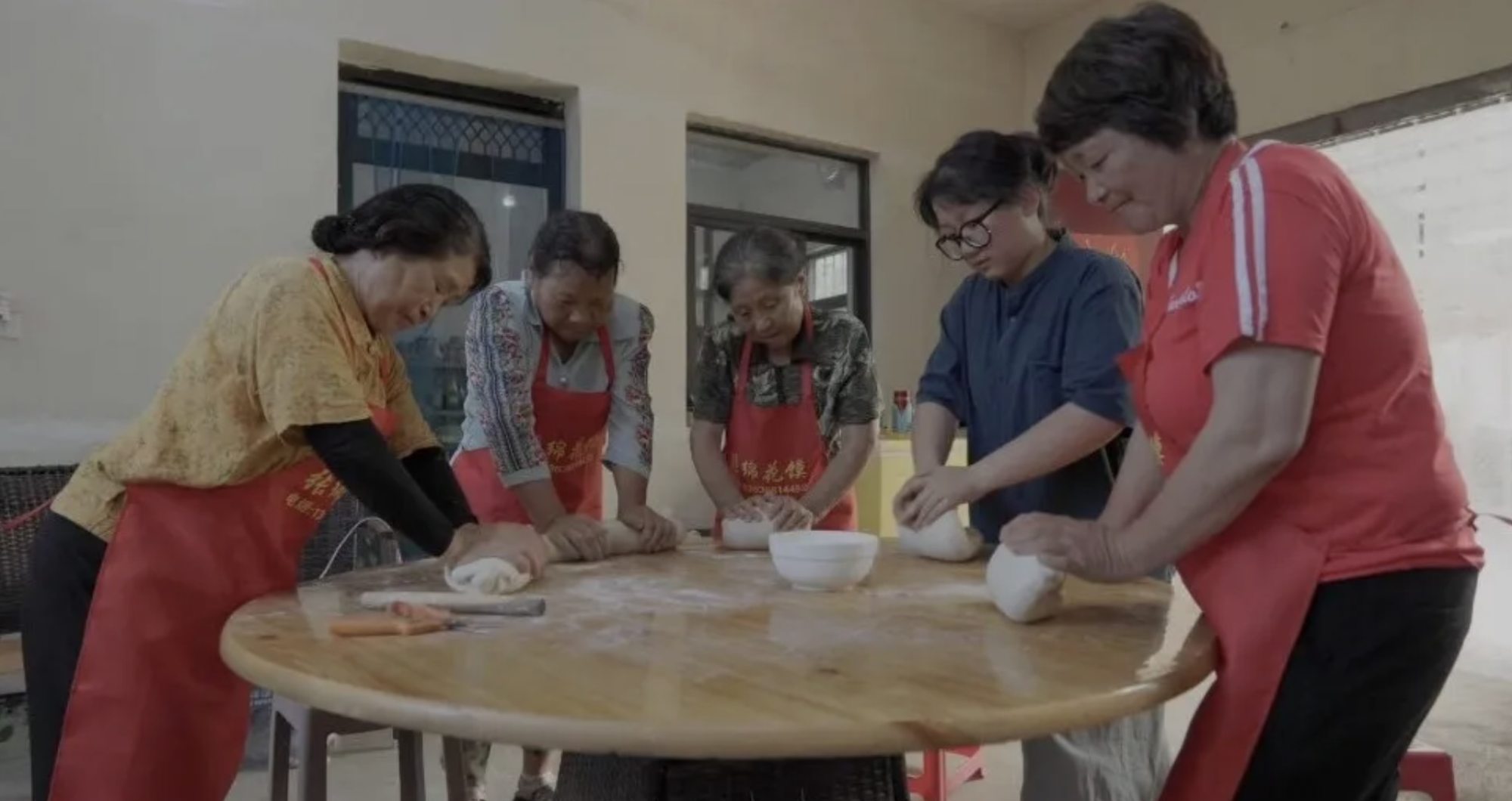
Artist Qiu Shangxian, 22, from Zhejiang province in eastern China, told the Post she was shocked when she heard the saying.
“I felt a natural fear as a woman. It reminds me of dough used for making steamed buns, how it’s squeezed and twisted… almost mirroring the women’s experiences,” she said.
Last July, Qiu decided to highlight domestic violence in rural China by integrating a traditional dough sculpture, called hua mo, into her folk art performance.
Hua mo involves creating figures from dough, and is revered as “mother’s art” in Shaanxi because it is intended to express respect for the skill and nurturing done by mothers.
Explaining to the Post her reasons for portraying domestic violence through the medium of hua mo, Qiu said: “Mothers are often seen as gentle and great figures, but the local proverb reflects a violent and bloody attitude towards women, which is deeply ironic.”
Qiu invited seven local women to create hua mo that depicted scenes of domestic violence, inspired by incidents witnessed by the makers themselves as well as countrywide cases that had been reported.
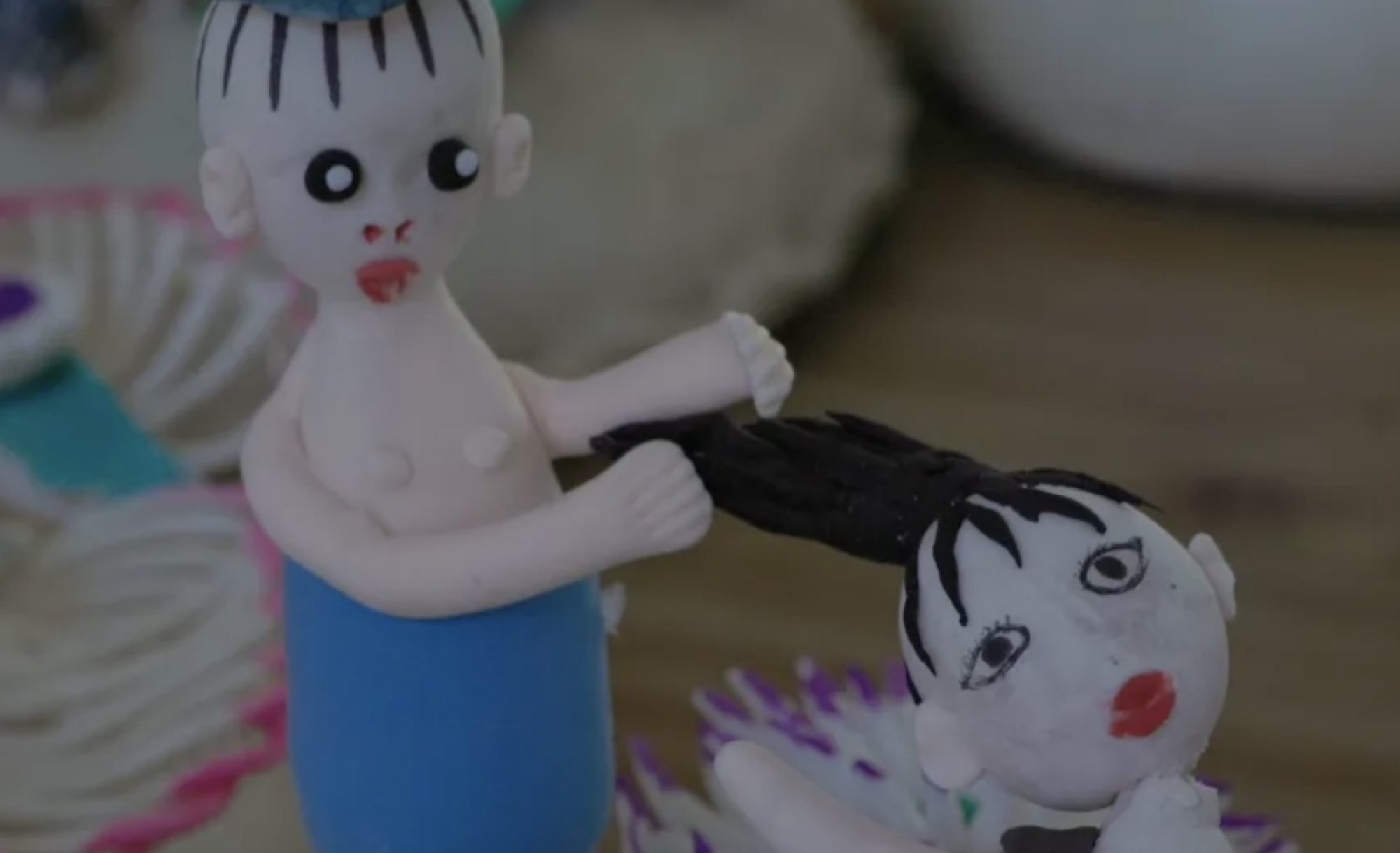
She also invited 14 villagers – seven men and seven women – to enact the scenes in a street procession.
They included husbands pulling wives’ hair, slapping, kicking, and using objects such as bamboo sticks or knives to “attack” them.
One hua mo maker said her friend had four front teeth knocked out by her husband when he punched her.
Another maker recounted how her friend ended up being hospitalised for nearly two months after her husband struck her head with a brick. Despite this, the friend refused to divorce out of concern for her child.
Qiu told the Post that domestic violence is not only perpetrated by a husband, but can come from any family member.
“Domestic violence occurs not only between spouses but also among parents and children, and between adult children and elderly parents,” she said.
In addition to physical aggression, it can also include emotional and verbal abuse as well as sexual violence and economic control.
In China, 30 per cent of married women in the country’s 270 million households have experienced domestic violence, with 70 per cent of abusers targeting other family members, including children, according to the All-China Women’s Federation.
Perpetrators of domestic violence can face life imprisonment or the death penalty, depending on the severity of harm inflicted on victims.
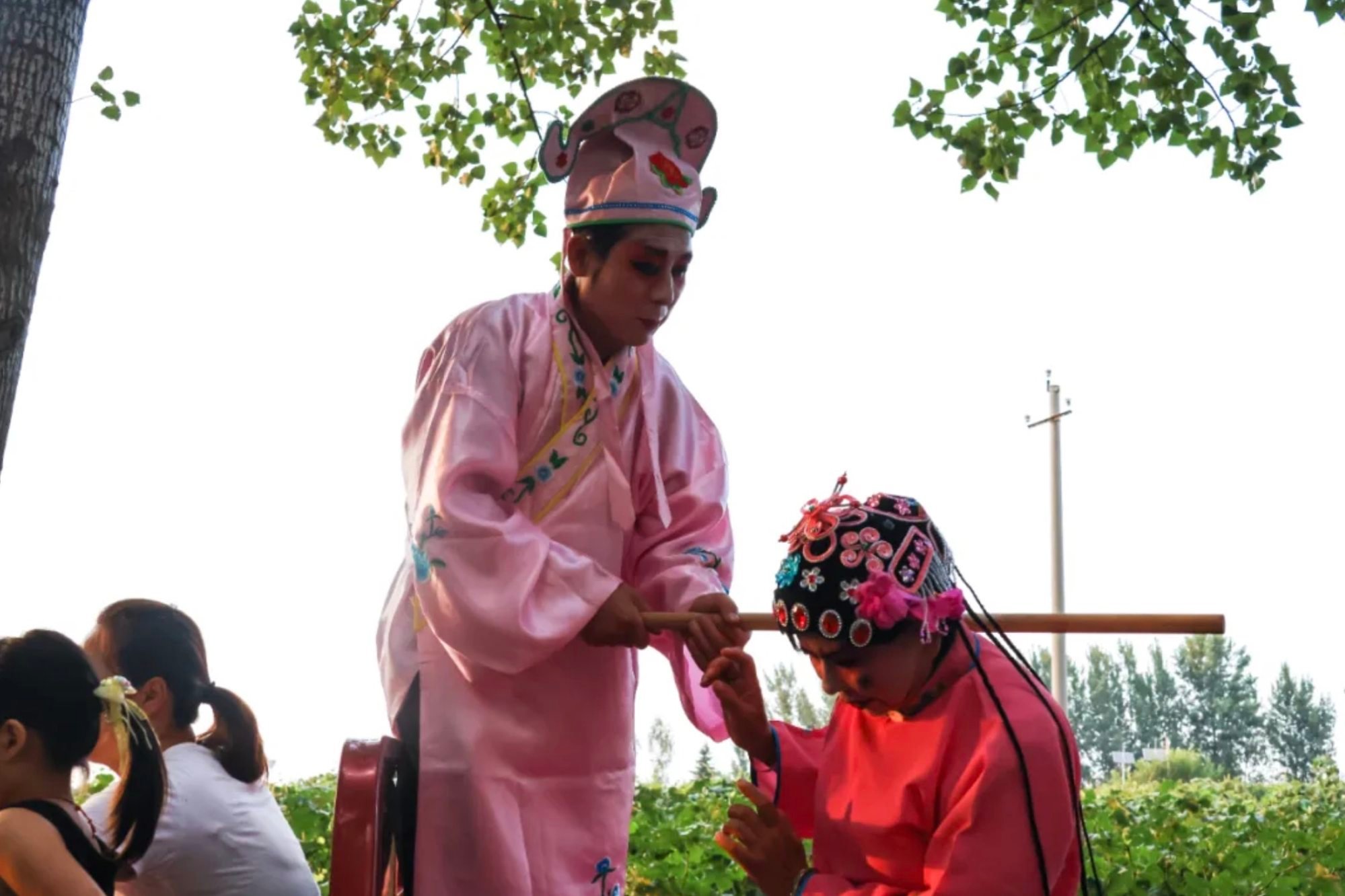
In her interview with the Post, she expressed comfort in knowing her work had encouraged many people to bravely share their own experiences.
“I hope that through my work, victims can find the courage to speak out for themselves, and perpetrators can recognise the harm they have caused, leading to their reflection and awakening,” Qiu said.
“By reflecting social realities through artistic forms, Qiu is a brave and wise artist,” an online observer wrote on Weixin.
This post was originally published on this site be sure to check out more of their content




